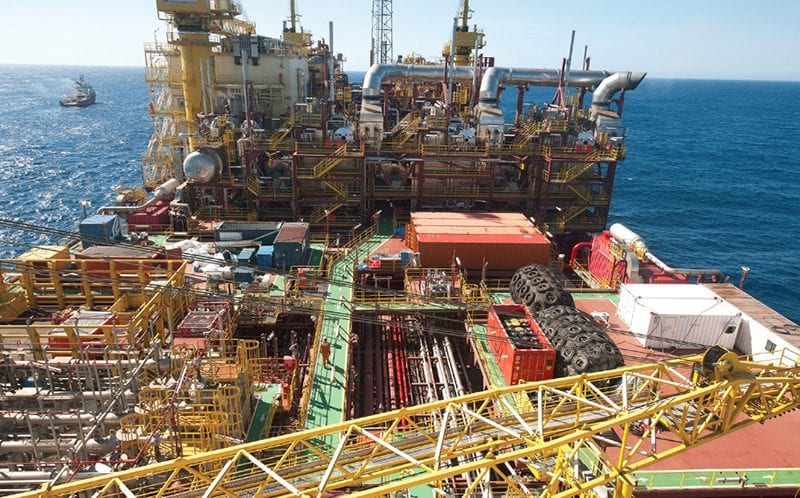Multiple commercial oil discoveries at Guyana’s Stabroek Block have established the country as a key up and coming producer in the region. And now, as exploration activities ramp up at other blocks outside Stabroek, a discovery could push the Guyana basin success story to new heights.
US oil major ExxonMobil has taken the South American country from zero to 5.5 billion barrels on the proven oil reserves list, in less than five years. The country of just 750,000 people, previously unknown in the world of oil and gas, has become the main topic in petroleum circles around the globe.
Now, as other explorers embark on drill campaigns outside of the 6.6 million acres Stabroek Block where all of Guyana’s proven reserves have been found, excitement and anticipation are at an all-time high.
“The campaign by Tullow and soon Repsol is of great importance to the future of the Guyanese oil industry as it could demonstrate that there is an industry beyond ExxonMobil,” commented former Trinidad and Tobago Energy Minister, Kevin Ramnarine.
Tullow confirmed to OilNOW this week that its drillship – the Stena Forth – arrived offshore Guyana and is poised to begin drilling the Jethro prospect at the Orinduik Block. Jethro is the first of two planned wells on the Orinduik block. Tullow has said the success of the neighbouring Hammerhead-1 well at the Stabroek block in August 2018, only seven kilometres from the Orinduik boundary, has further de-risked this acreage.
Exploration at the Jethro prospect at Orinduik will be followed by a campaign at Joe, then the Carapa prospect on the Kanuku licence in the third quarter of 2019, where Tullow is partnering with Spain’s Repsol.
Meanwhile, Canadian-based CGX Energy Inc. has entered into a definitive rig agreement with ROWAN RIGS S.À R.L for the provision of rig services for the drilling of the Company’s Utakwaaka-1 well in its Corentyne block before the end of the year.
“It is in the best interest of all involved in this new industry that there be a diversity of companies exploring for and producing oil,” Ramnarine told OilNOW.



